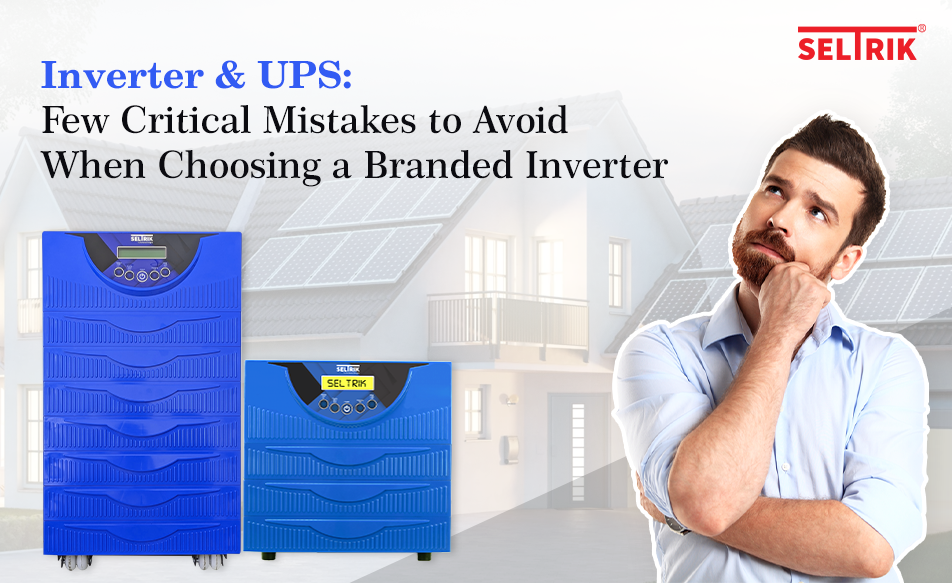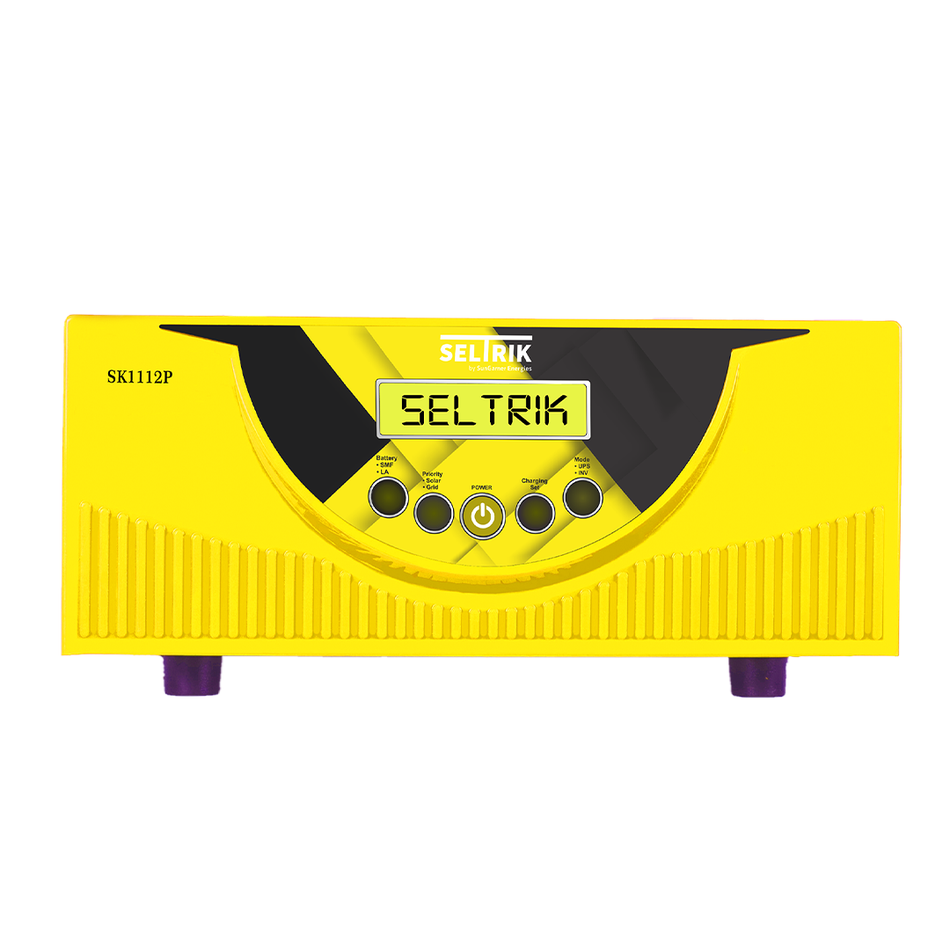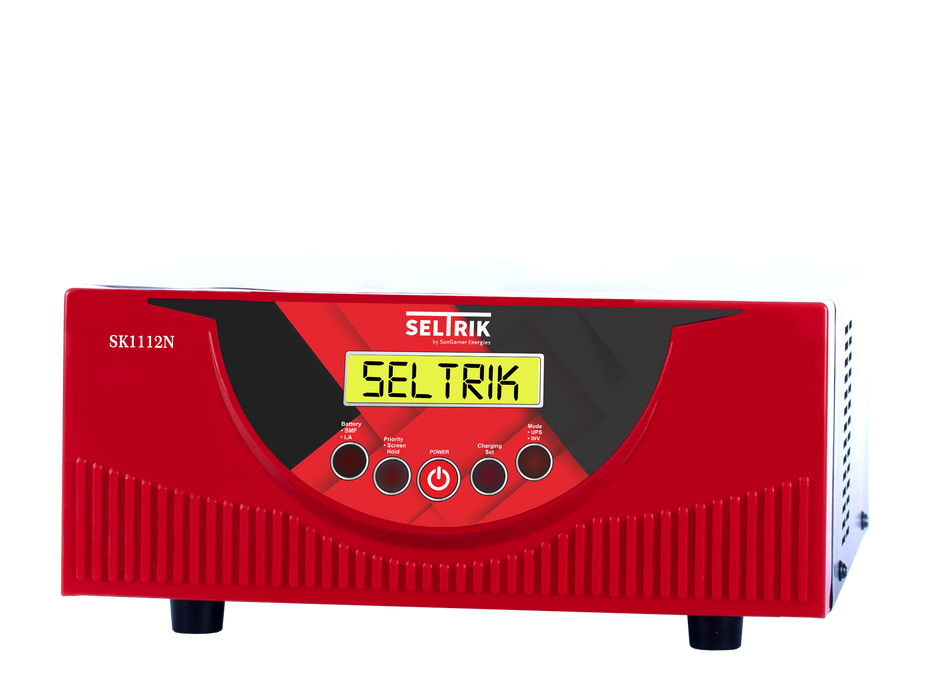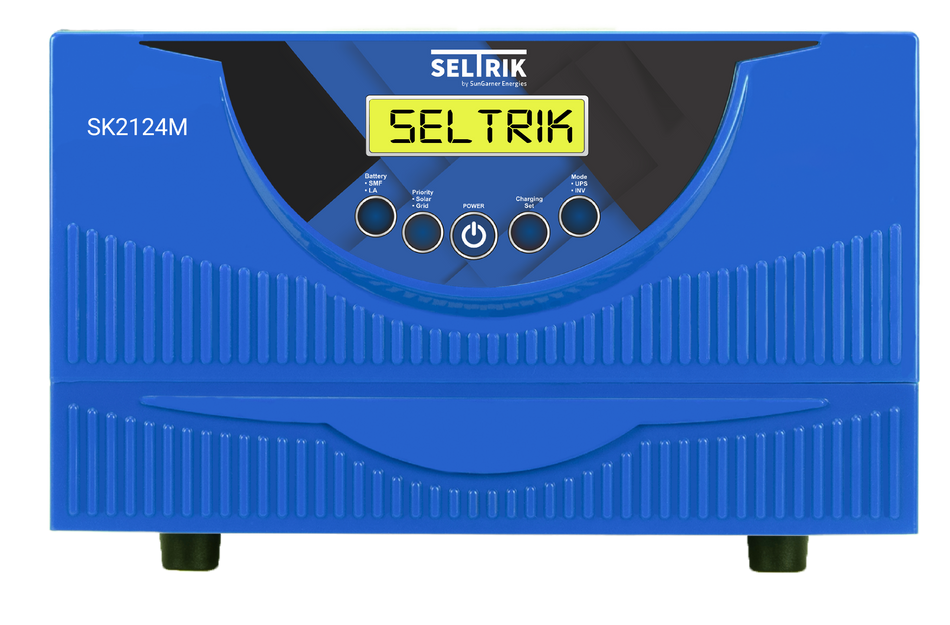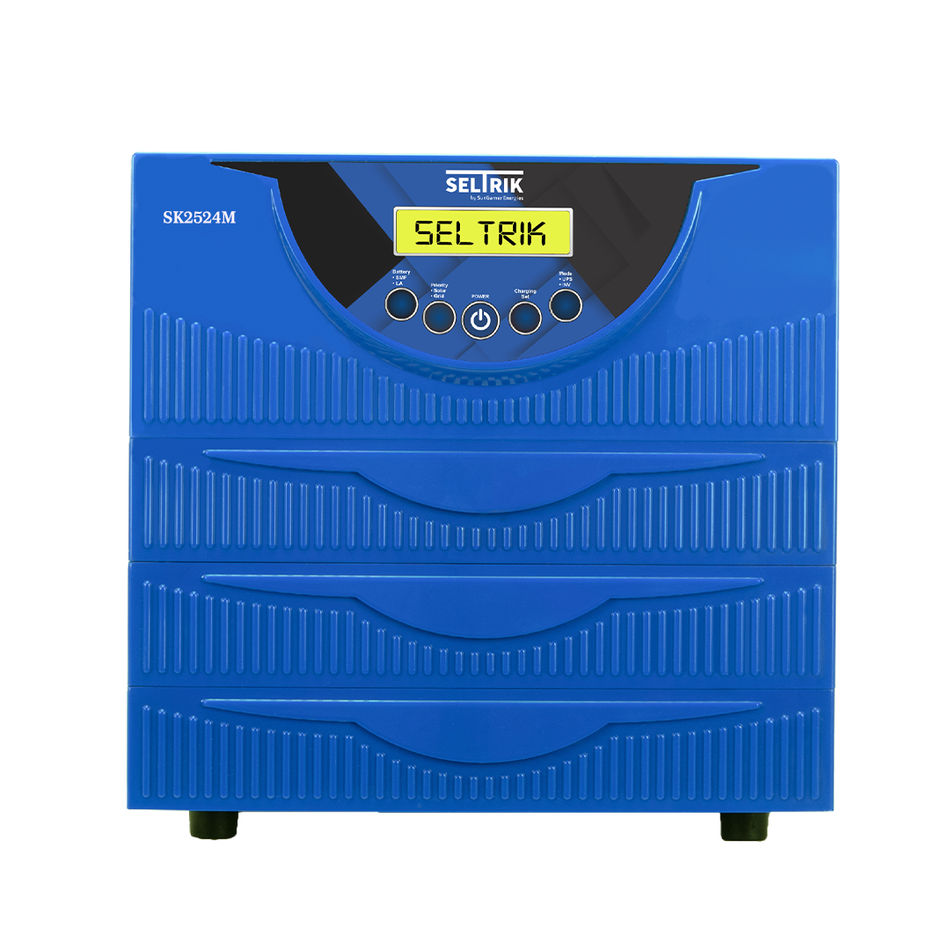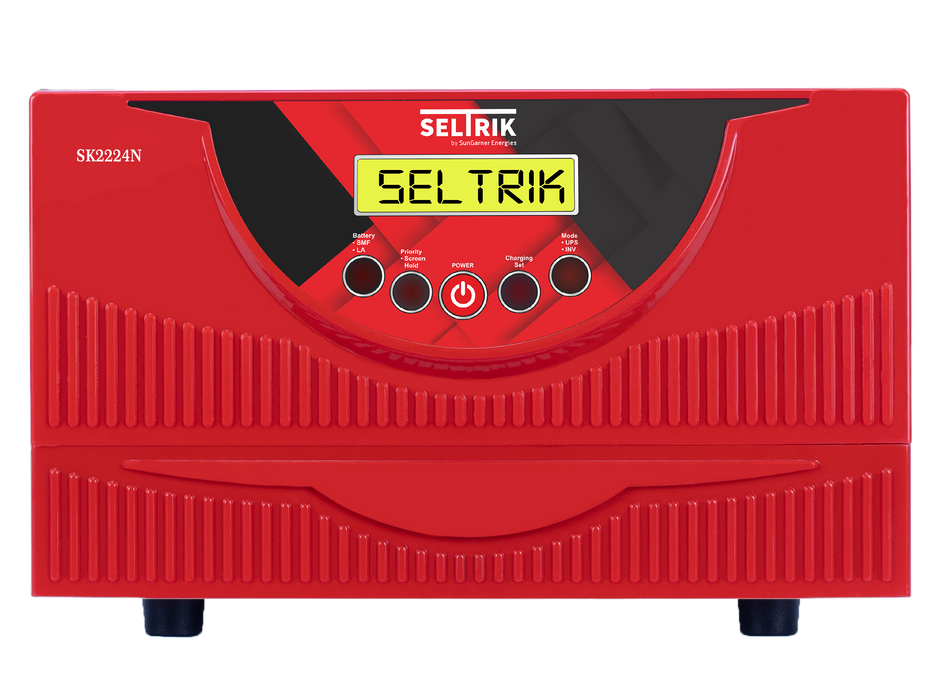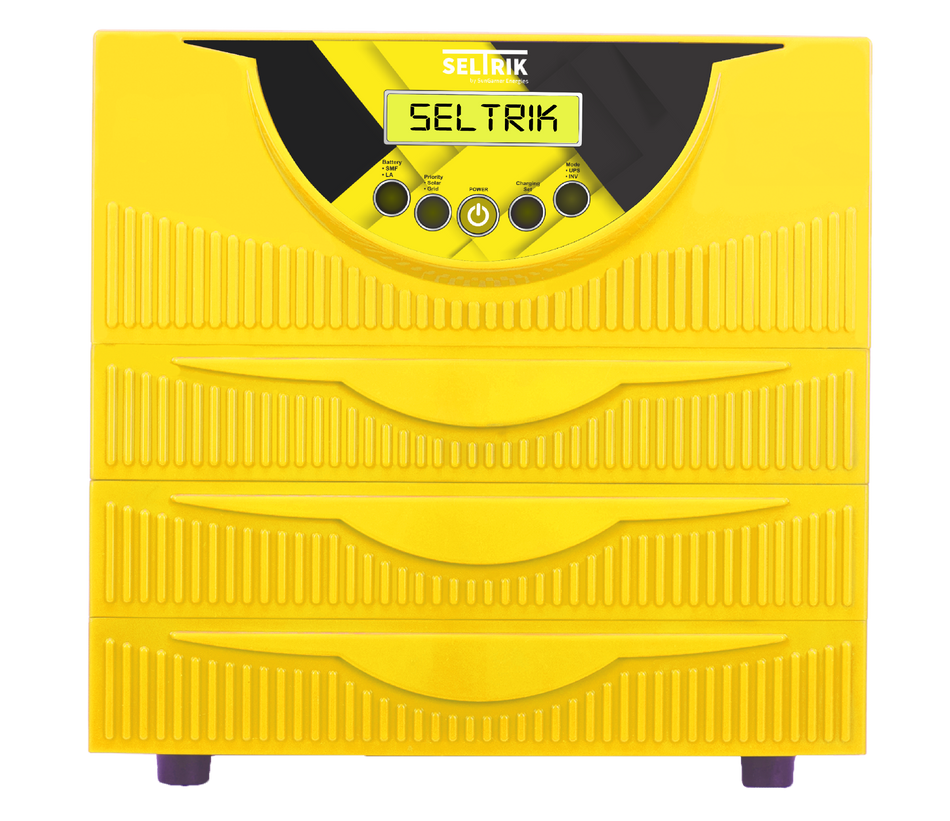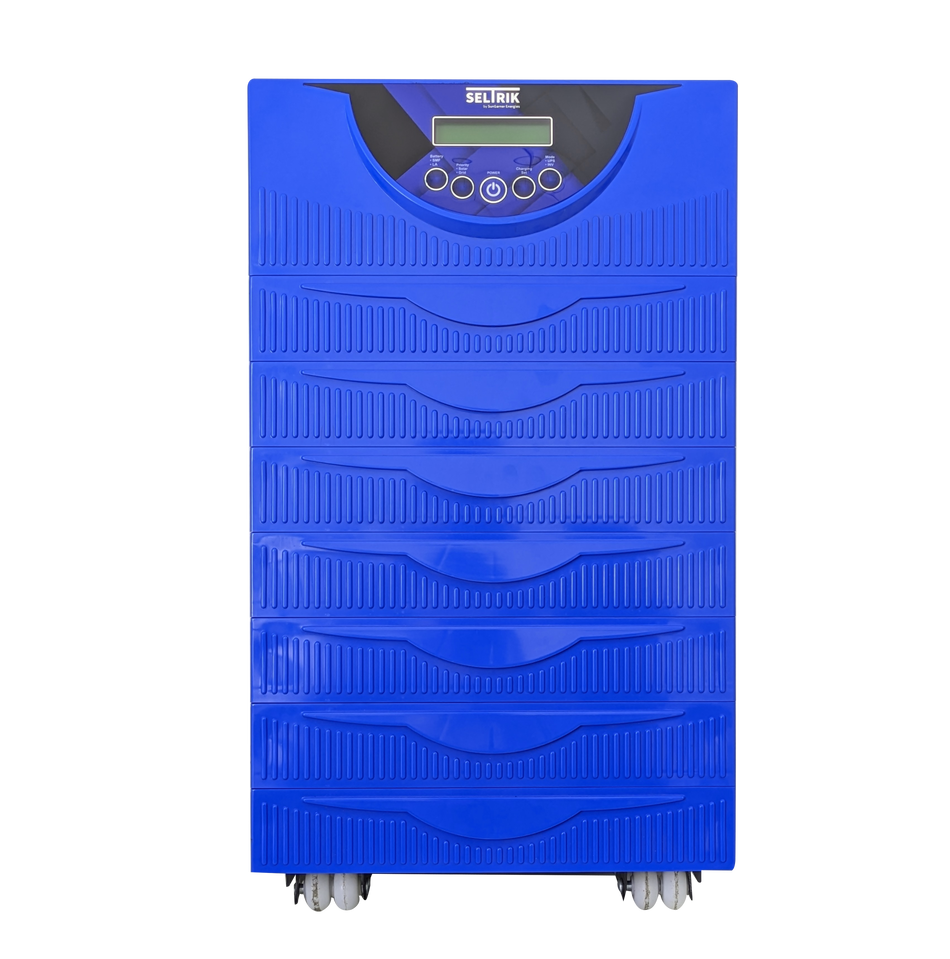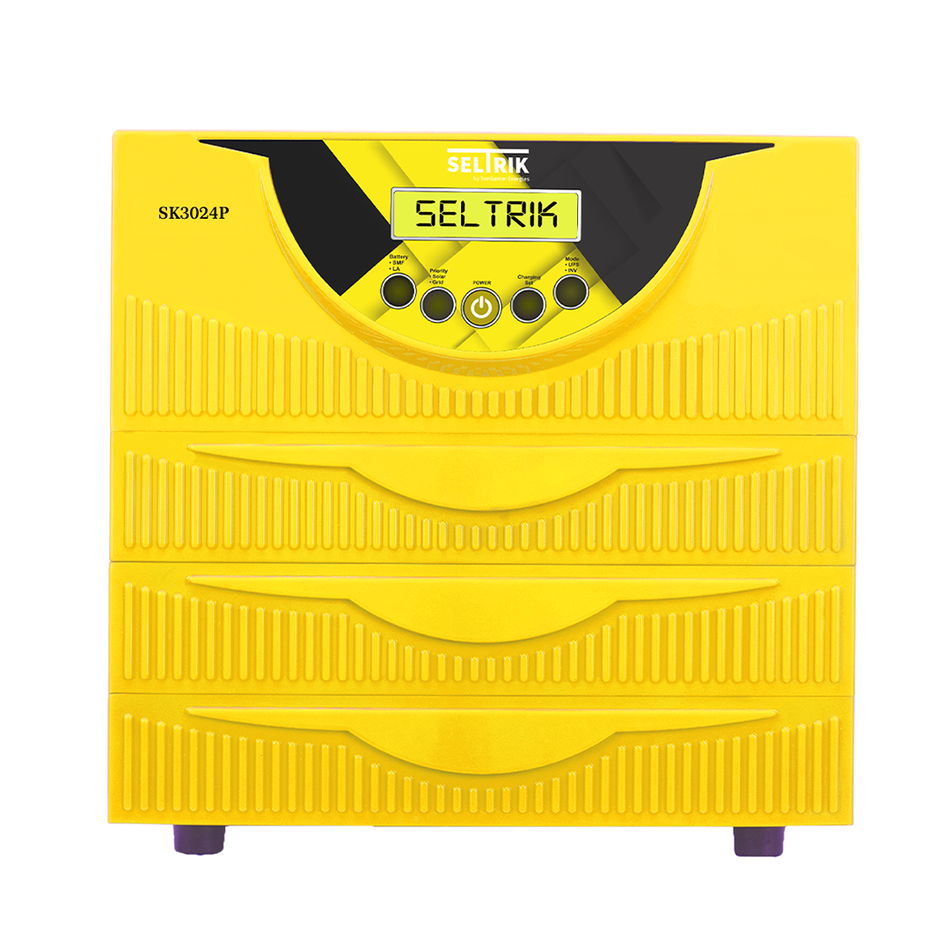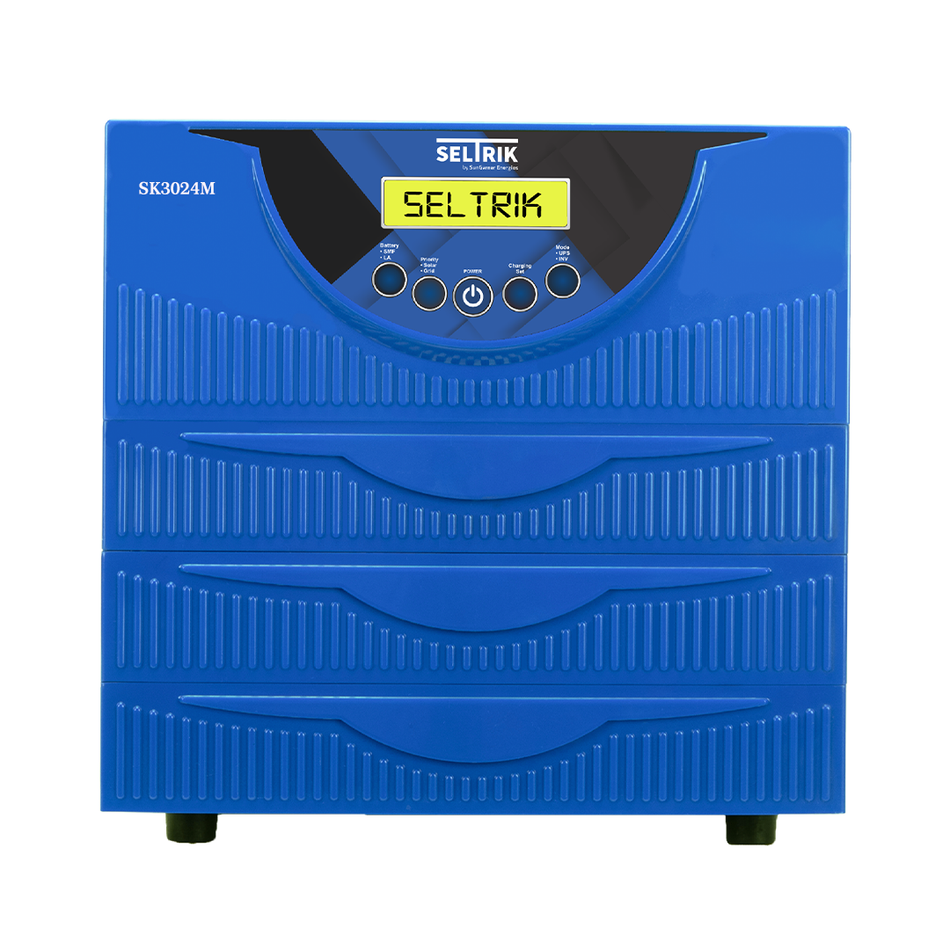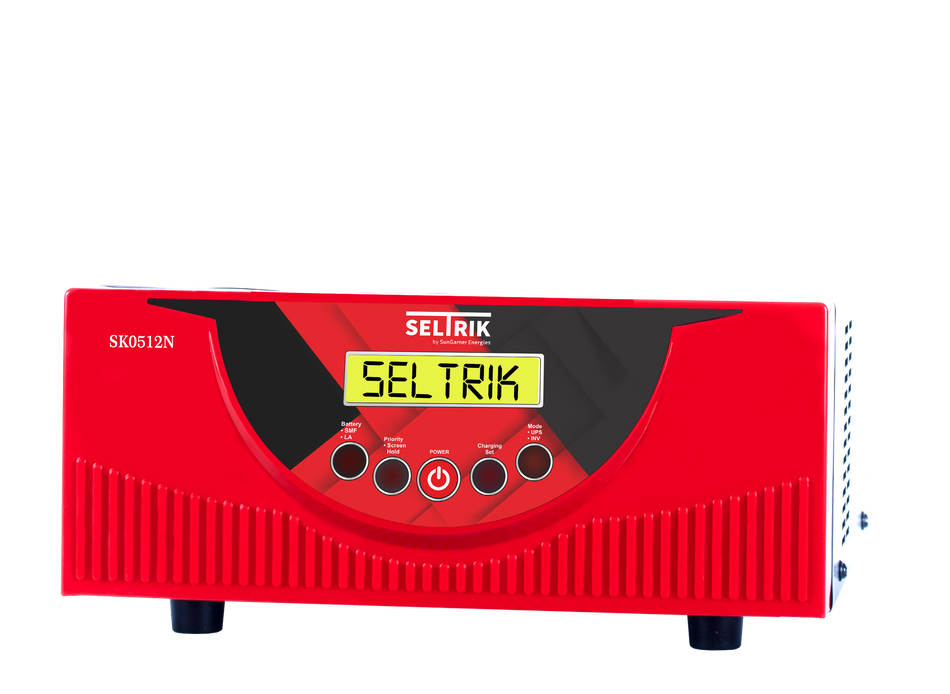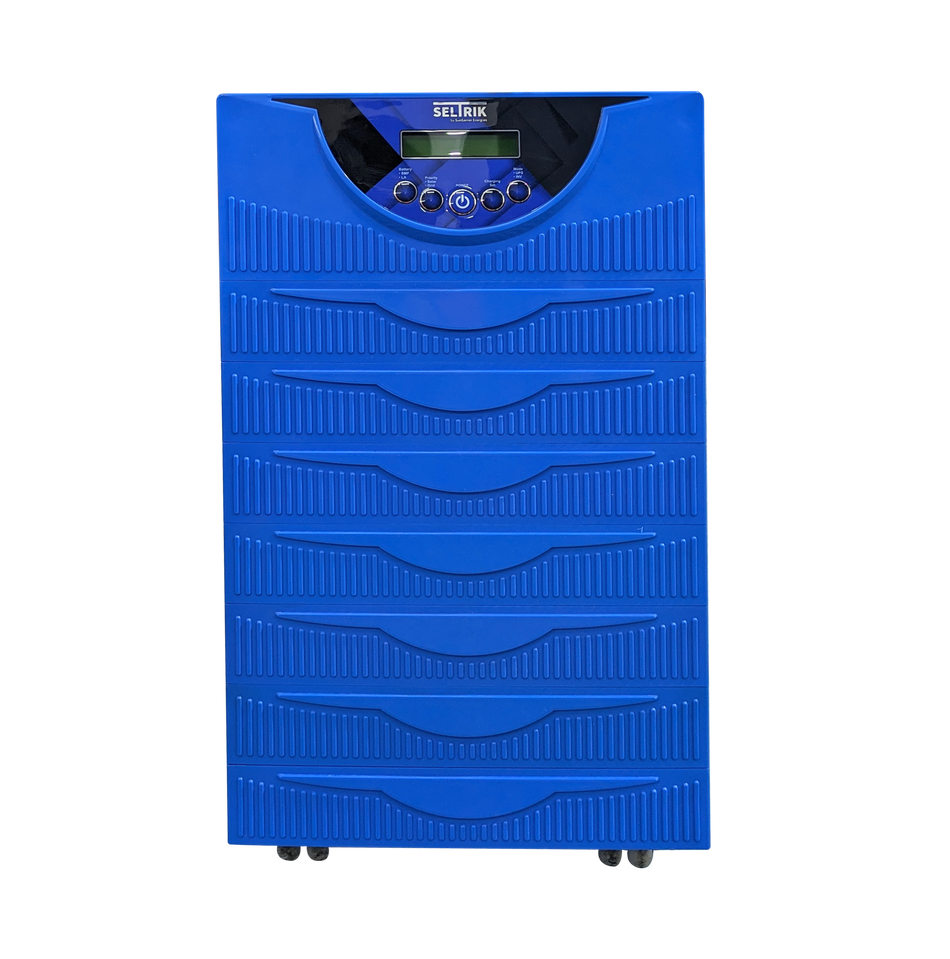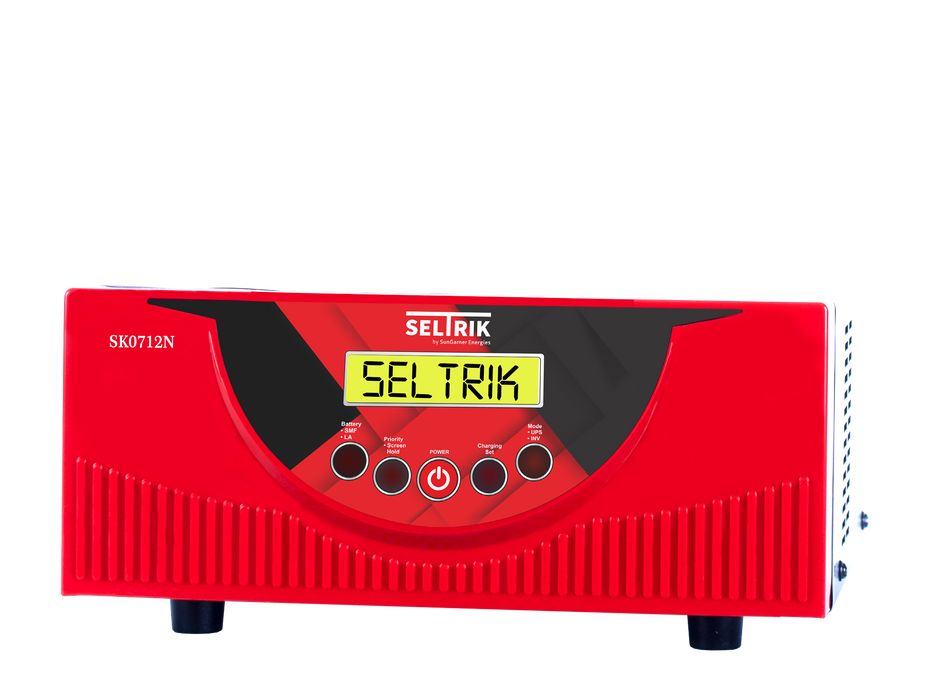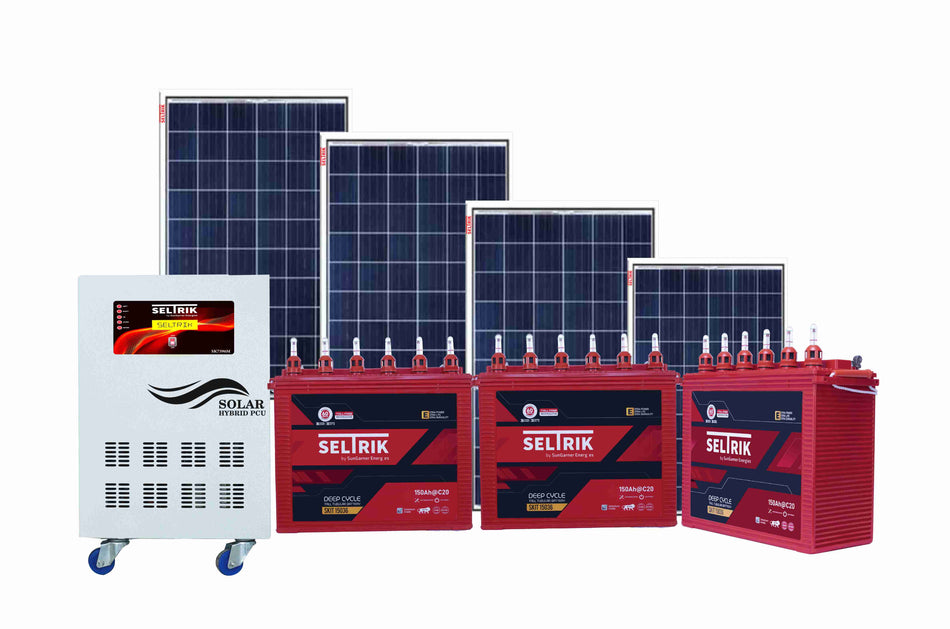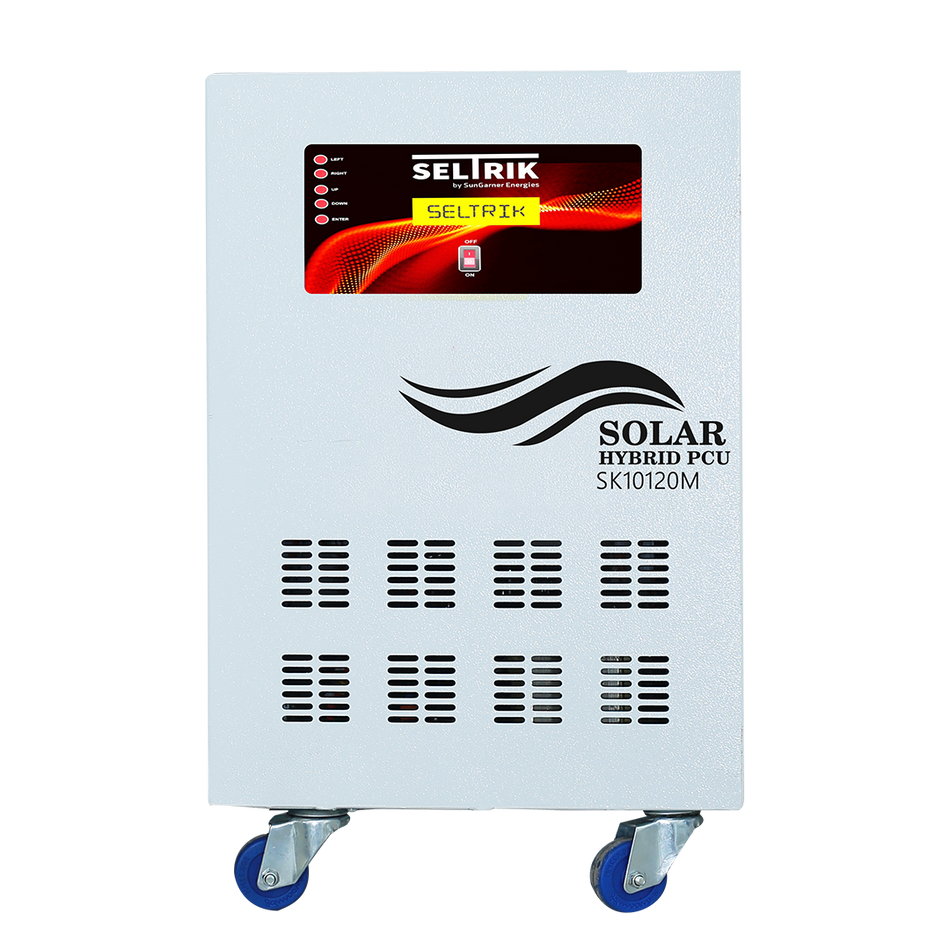The inverter is undoubtedly the most sensitive and essential component of your entire power backup system. This fact remains true whether you are setting up a rooftop system for residential use or planning a more extensive installation for a commercial establishment. The importance of selecting the right inverter becomes even more critical when powering a large-scale operation, such as an office building, retail space, or manufacturing facility, where reliability and efficiency are paramount.
Solar panels, while integral to the setup, cannot directly power your appliances. This is because they generate electricity in the form of direct current (DC), whereas all household and commercial appliances operate on alternating current (AC), the standard format supplied by the electricity grid. The inverter plays a pivotal role in bridging this gap by converting the DC electricity from your solar panels into usable AC power.
This conversion process is vital not just for reducing your energy costs by optimizing solar power usage, but also for ensuring uninterrupted operation of your appliances and systems. A well-chosen inverter ensures smooth functioning, minimizes downtime, and supports a hassle-free operation of your home or business, making it an indispensable part of your energy solution.
Here are some key factors to consider before purchasing a branded inverter.
What Appliances Can an Inverter Power?
Inverters are designed to provide backup power during outages, but they have specific capacity limits. While they are excellent for running essential appliances like lights, fans, and small electronics, they may not be capable of handling high-energy devices such as refrigerators, air conditioners, or heavy-duty kitchen appliances.
Understanding your inverter's capacity and selecting one that matches your needs is crucial to ensuring reliable performance and avoiding overloading the system. Always choose an inverter suited to the appliances you prioritize for backup power.
Understanding Power Capacity
Determining the devices you want to power is just the first step; you also need to decide how long they should run during a power outage. Inverters with higher battery capacities provide longer backup durations, making them an excellent choice for areas experiencing frequent or extended power cuts. Selecting the appropriate power capacity ensures reliable performance and uninterrupted convenience.
Evaluate Your Power Needs
Having a clear estimate of your power requirements is essential for selecting the most cost-effective inverter. Start by calculating the combined load of all the appliances you intend to run during a power outage. This will help you choose an inverter with the right capacity. Avoid overspending on a branded inverter with more power capacity than you actually need.
While these tips can guide you in choosing the best inverter for your home, there are still common mistakes that many people make during the buying process. To ensure you make the right choice, be mindful of these six key pitfalls:
Avoiding Cheap Options
While it’s wise to be budget-conscious, opting for excessively low-cost inverters can lead to long-term issues. Start by checking the warranty period—a shorter warranty often signals lower quality, as the manufacturer might lack confidence in the product’s durability. Remember, you typically get what you pay for.
The inverter's primary function is to convert power between AC and DC. Cheaper inverters often compromise on quality by using aluminum transformers instead of copper ones, resulting in significant energy losses during the conversion process. Additionally, high-quality inverters typically offer a higher power factor—around 95%—compared to cheaper models, which may only achieve 40-50%. A higher power factor ensures better alignment between the inverter's output and the incoming supply, reducing inefficiencies and ensuring smoother appliance operation.
For optimal performance and longevity, invest in a pure sine wave inverter. These inverters provide a harmonious output, helping your appliances run more efficiently and last longer.
Skipping an Authorized Channel Partners and Attempting DIY Installation
Opting for an authorized dealer ensures you receive genuine spare parts and reliable support throughout the system's life. These professionals also provide adequate warranties and handle the installation process with expertise, ensuring everything is set up correctly and safely.
Attempting a DIY installation can lead to avoidable risks, such as improper placement of the inverter. Factors like exposure to corrosive chemicals, high humidity, or excessive heat can significantly reduce the inverter’s lifespan. Moreover, inadequate air circulation around the unit can cause overheating, leading to reduced efficiency and potential damage over time. For optimal performance and longevity, trust an authorized dealer to handle the installation and maintenance of your inverter.
Overlooking Scalability
When installing an inverter, especially for more extensive setups like offices, commercial spaces, or even homes with potential growth in energy needs, planning for scalability is crucial. While a smaller system might suffice for your immediate requirements, neglecting future needs can lead to additional expenses and complications down the line.
For instance, if you intend to add more appliances, expand your living space, or incorporate renewable energy sources like solar panels, your current inverter might fall short of handling the increased load. A system with limited scalability could result in frequent upgrades or replacements, which can be both costly and inconvenient.
Prioritizing Solar Panels Over Inverter Specifications
Focusing solely on the number of solar panels and their ability to meet your power needs is not enough. The inverter plays a critical role in managing the power generated and ensuring smooth operation. If the inverter's power rating isn’t matched to the load demands, it could overheat and shut down, even if your solar panels are capable of producing sufficient power at that moment.
Installing solar panels beyond the recommended capacity for your inverter can lead to inefficiencies and system failures. Overloading the inverter with excessive power requests can compromise its performance and lifespan, resulting in frequent breakdowns or damage.
To avoid these issues, always ensure the inverter’s power rating aligns with the total load requirements and the capacity of your solar panels. A well-balanced system ensures optimal performance, reliability, and longevity.
In addition to avoiding the mistakes mentioned above, it’s wise to reach out to a reputable and authorized vendor, such as Seltrik, for a comprehensive turnkey solution. Their expertise ensures that you receive reliable guidance, genuine products, professional installation, and long-term support for your inverter system.
Also read: Top 5 Benefits of Installing a Residential Solar Inverter in Your Home
Contact Us for Immediate Assistance:
WhatsApp Support: +91 7428744994
Toll Free No. 1800 102 2748
Email Support: office@seltrik.com
or
You may register your Complaints
With these contact options, expert help is just a message or call away. Our dedicated customer support team is committed to ensuring your inverter battery functions optimally, no matter the weather.
You can purchase best inverters for your home & offices online through Flipkart and Amazon.
Tags: Solar Inverter, Lithium-ion Compatible Inverter, Lithium Battery, MPPT Inverter, PWM Inverter, Pure Sine Wave Inverter

